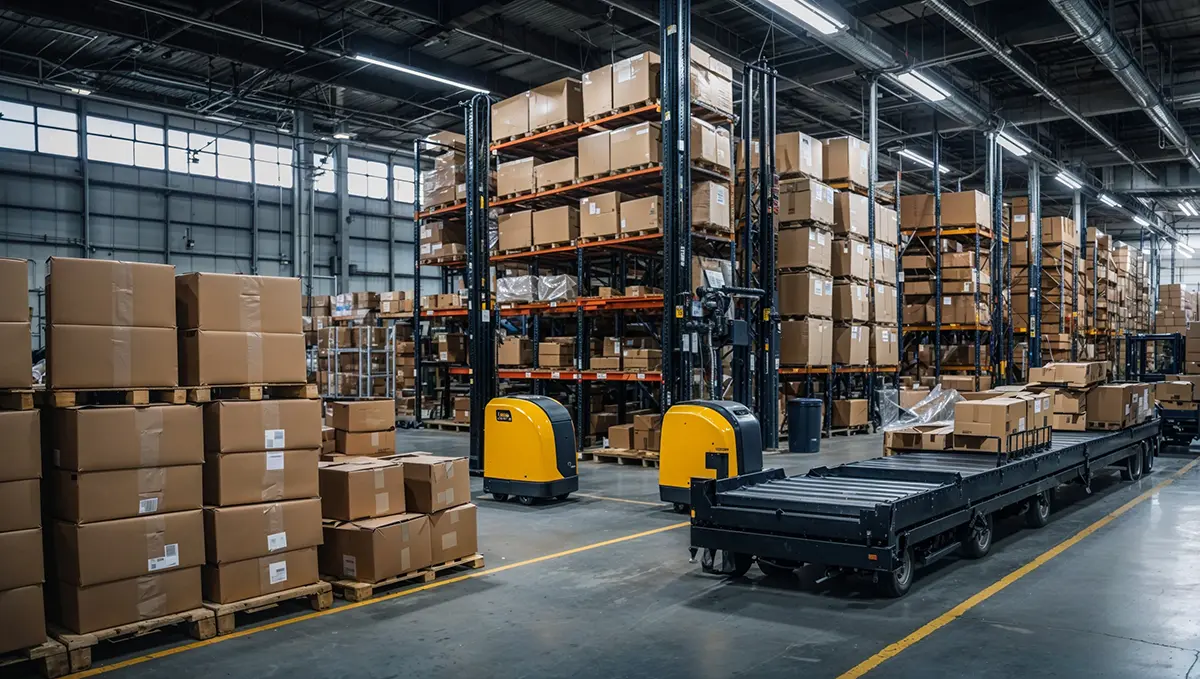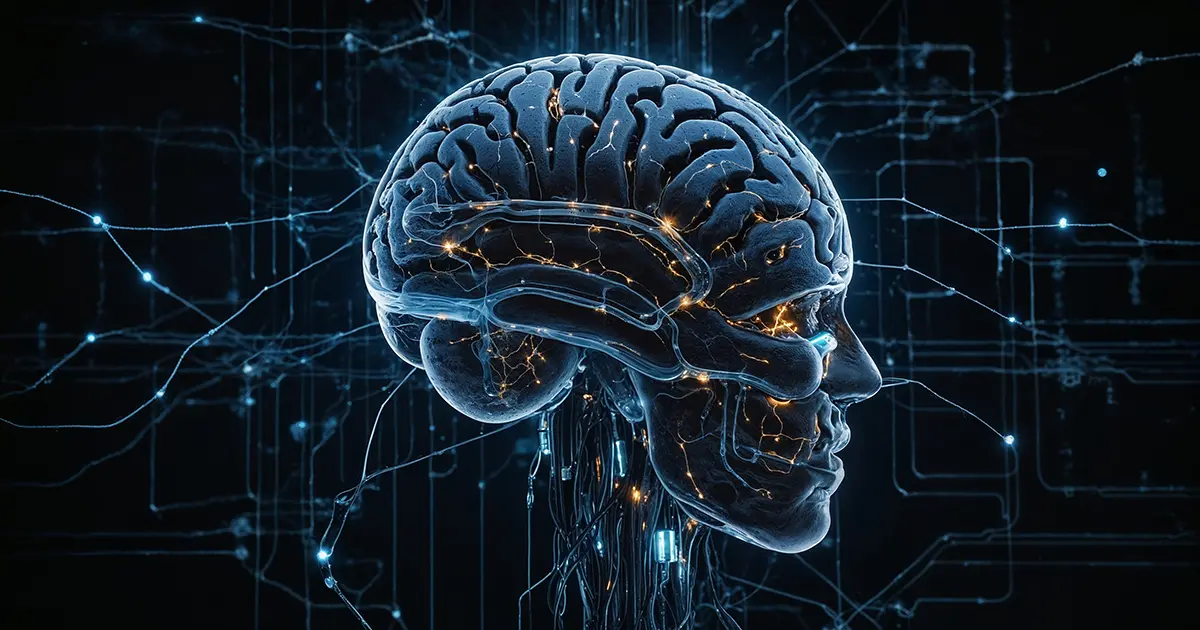AI’s Impact on Politics: The Power of Data in Modern Elections
Politics and AI are becoming increasingly intertwined as modern technology actively influences election campaigns and public opinion. Big data analytics with AI is helping political campaigns make accurate predictions, customize messages, and engage voters in real time. But where does information end and manipulation begin? This article explores how AI is influencing political processes, examples of technology applications, and its impact on everyday life.
AI and the complexity of modern politics
In the rapidly evolving landscape of modern politics, decision-making and public influence depend on vast amounts of information from multiple sources. From news media to social media to countless public data points, understanding this information is beyond what human analysts can accomplish alone. Artificial intelligence (AI) has stepped in, enabling politicians and campaigners to analyze massive data sets in real time, providing insights that were previously unattainable. For example, during the 2020 U.S. election, AI tools analyzed millions of data points from voter profiles, tracking everything from demographic information to online engagement patterns. This allowed campaigns to understand what voters cared about at any given moment, and tailor strategies with pinpoint accuracy.
How AI-driven election tools influence public opinion
AI-based tools have transformed election campaigns into highly sophisticated operations. These tools don’t just analyze historical data-they also monitor real-time shifts in public sentiment, allowing campaigns to adapt almost instantly. For example, data analytics companies like Cambridge Analytica (2016) and, more recently, SocialFlow, use advanced AI algorithms to track and even influence voter behavior. These tools create psychological profiles of users based on social media data, allowing campaigns to deliver highly personalized messages that resonate deeply. While this approach has proven effective, it raises ethical concerns about manipulating public opinion on a mass scale.
Notable examples of AI in political campaigns
The impact of AI on the political process has already been seen in several elections around the world. During the 2016 U.S. presidential election, Cambridge Analytica accessed Facebook data to classify users into psychological profiles and create tailored ads to influence voting behavior. This controversial approach highlighted how AI-driven tools could be used in modern campaigns. In the UK, political parties employed similar AI strategies during the 2019 general election, as data firms used social media to generate real-time updates on voter sentiment. AI also played a role in the distribution of political ads and targeted messaging during Brazil’s 2018 election, demonstrating how AI is reshaping global political dynamics.
A closer look: Known cases and key players in AI-driven politics
Perhaps the most widely discussed case is Cambridge Analytica, which used AI to influence voters in several countries, including the United States. The company worked by harvesting Facebook data without users’ consent, creating detailed profiles to predict and influence voter preferences. Other companies, such as Palantir, known for its data analytics, have also helped governments gather information, with services ranging from security to public opinion analysis. In China, AI has been integrated into government surveillance and sentiment monitoring, allowing the government to track and influence public opinion on policy. In such cases, AI technology becomes a powerful tool for political control, often without citizens fully understanding its implications.
How AI is reshaping campaign strategy in modern politics
The integration of AI into political campaigns has brought several key strategic benefits, often leading to increased engagement and improved targeting accuracy. Here are some of the most important applications:

The impact on everyday life
For the average person, the role of AI in politics often goes unnoticed. However, its impact can be profound, as AI-driven campaigns bring political messages directly into personal feeds and everyday media interactions. This constant exposure can subtly shape opinions without individuals being aware of it. For citizens, being aware of AI’s influence in politics means taking a critical stance on the media they consume, especially during election season. Additionally, for those interested in exploring AI-based data tools, learning platforms like Coursera offer introductory courses in data analysis that can help individuals better understand AI’s role in influencing opinions.
Practical apps and resources for analyzing political data
For readers interested in exploring AI-powered tools in politics, here are some accessible applications:
Ethics and responsibility of AI in politics
The widespread use of AI in politics raises significant ethical concerns, especially as the power of AI to sway public opinion and influence elections grows. Transparency is critical; voters should be informed when AI-driven strategies target them, allowing them to make decisions based on clear and unbiased information. However, many voters may be unaware when AI is shaping their experience, leaving them vulnerable to manipulation by political operatives who may not be acting in the public’s best interest.
To protect themselves, individuals can take proactive steps to avoid falling victim to biased or misleading information. One important approach is to diversify news sources and look for sources that disclose their use of AI in news recommendations. Another is to use tools that help verify information. For example, applications such as PolitiFact and FactCheck.org offer AI-powered tools that analyze the credibility of statements made by politicians and public figures. These tools are valuable for identifying patterns of misinformation and understanding potential bias in political news.

In addition, people can use AI systems that promote transparency when analyzing political information. Tools like NewsGuard rate the trustworthiness of news sites, using AI to flag biased or misleading sources. Hoaxy is another tool that tracks the spread of online claims, showing users how quickly information spreads and highlighting sources that frequently publish misinformation. These systems empower users to separate fact from fiction and make more informed decisions.
On a larger scale, governments and regulators are also debating the need for clear guidelines on the use of AI in politics. In the European Union, the General Data Protection Regulation (GDPR) mandates transparency in data use, ensuring that voters are informed when AI impacts their online experience. However, regulation alone may not be enough; as AI continues to evolve, ethical guidelines must also evolve to prevent misuse, protect democratic processes, and ensure that AI supports fair and transparent elections.
As individuals, taking steps to verify information and relying on reputable AI-enabled tools can empower voters to resist manipulation and make decisions based on accurate data. By educating themselves about the presence of AI in political processes and being vigilant about potential biases, citizens can safeguard democracy by promoting informed, ethical voting decisions.

















